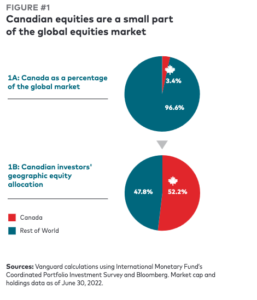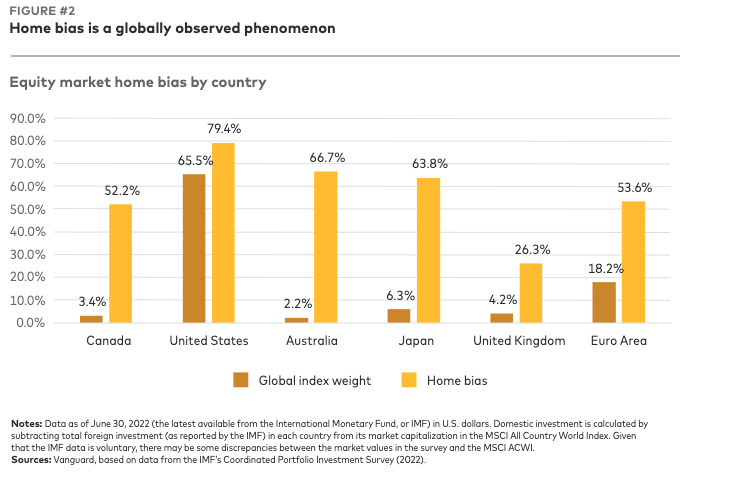(For Financial Independence Hub)
Payroll software eliminates the need to calculate payroll for your team manually. It also helps you track tax laws and deductions automatically. Look for a system with a simple interface and clear, contextual feature hints for non-technical staff. It should also provide secure integrations with HR and accounting platforms to bring these three departments under one roof.
Time-Saving
Payroll software can save your company a lot of time and money. For example, it eliminates the need to print paper timesheets and payslips for every employee. It reduces the amount of storage needed in your office and allows you to customize the payroll data for each employee. In addition, payroll software can also automatically send payments to employees, government agencies, and benefits providers. It can also file payroll taxes and handle end-of-year tax forms for employees. It will reduce your accounting department’s time running payroll and allow them to focus on more important tasks.
Additionally, payroll systems can store all your data in a single digital system, making it easy to access and analyze at the end of each pay period. You can use this information to plan future staff costs and budgets more accurately. Additionally, these systems can help you improve project returns by analyzing the number of hours your employees work. However, it is important to remember the costs associated with implementing payroll software. These costs can be recurring or one-time and include the cost of the software itself, plus ongoing maintenance. Some vendors offer a monthly subscription for a fixed number of users, while others charge a per-employee fee or a one-time purchase price.
Security
When a company chooses the right payroll management software, it’s crucial to consider security. Ensure that the solution offers data encryption and other protective features. It is especially important if you’re dealing with sensitive employee information. It will protect the organization’s employees from hackers and ensure no one can access private information that shouldn’t be shared. A decent payroll system should also provide safe connectors so payroll personnel and employees may use the platform from any location and device. It makes it easier to manage the different teams involved in payroll processing. For example, it should have a feature that allows employees to change their bank account details and other personal information without contacting HR. Continue Reading…







